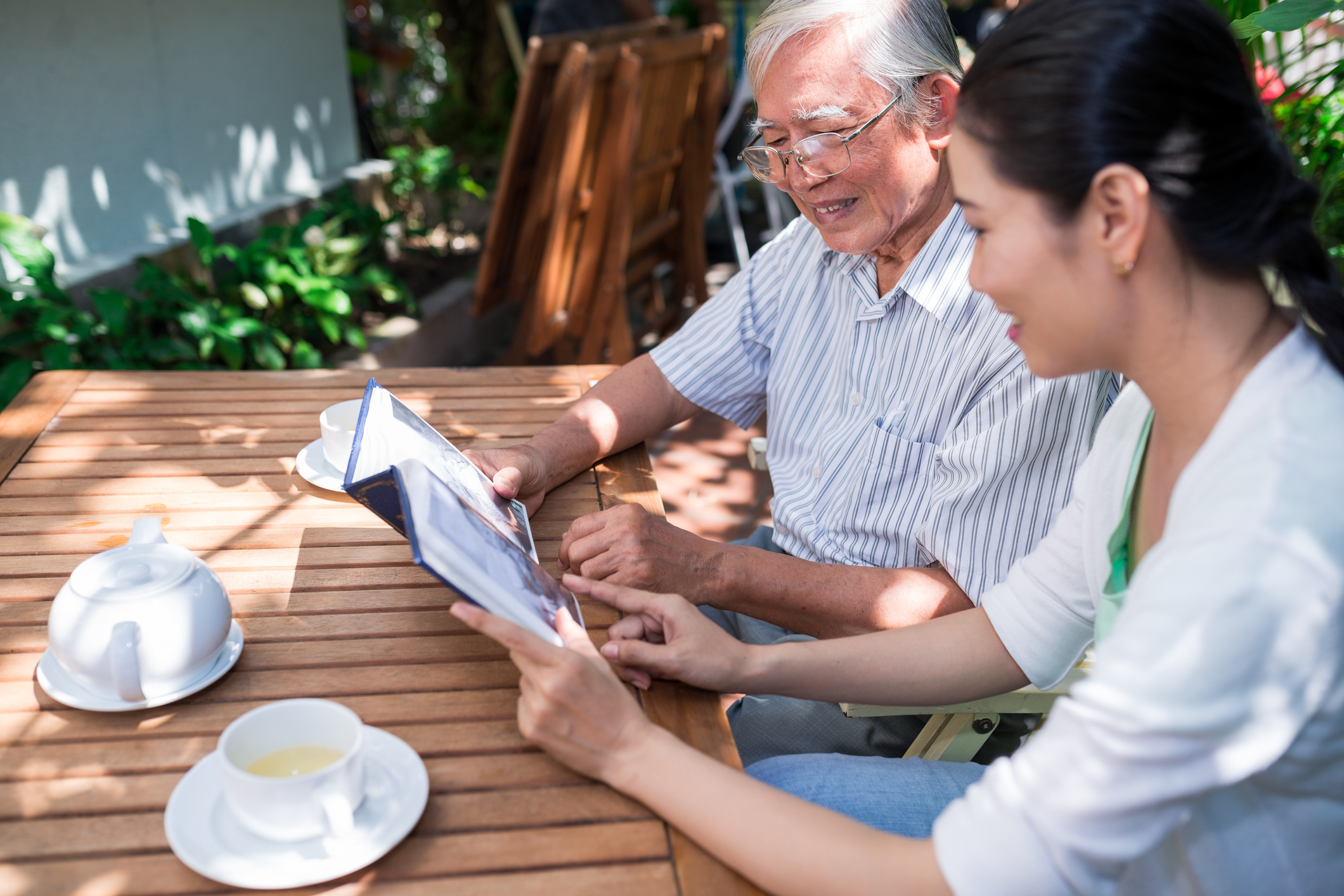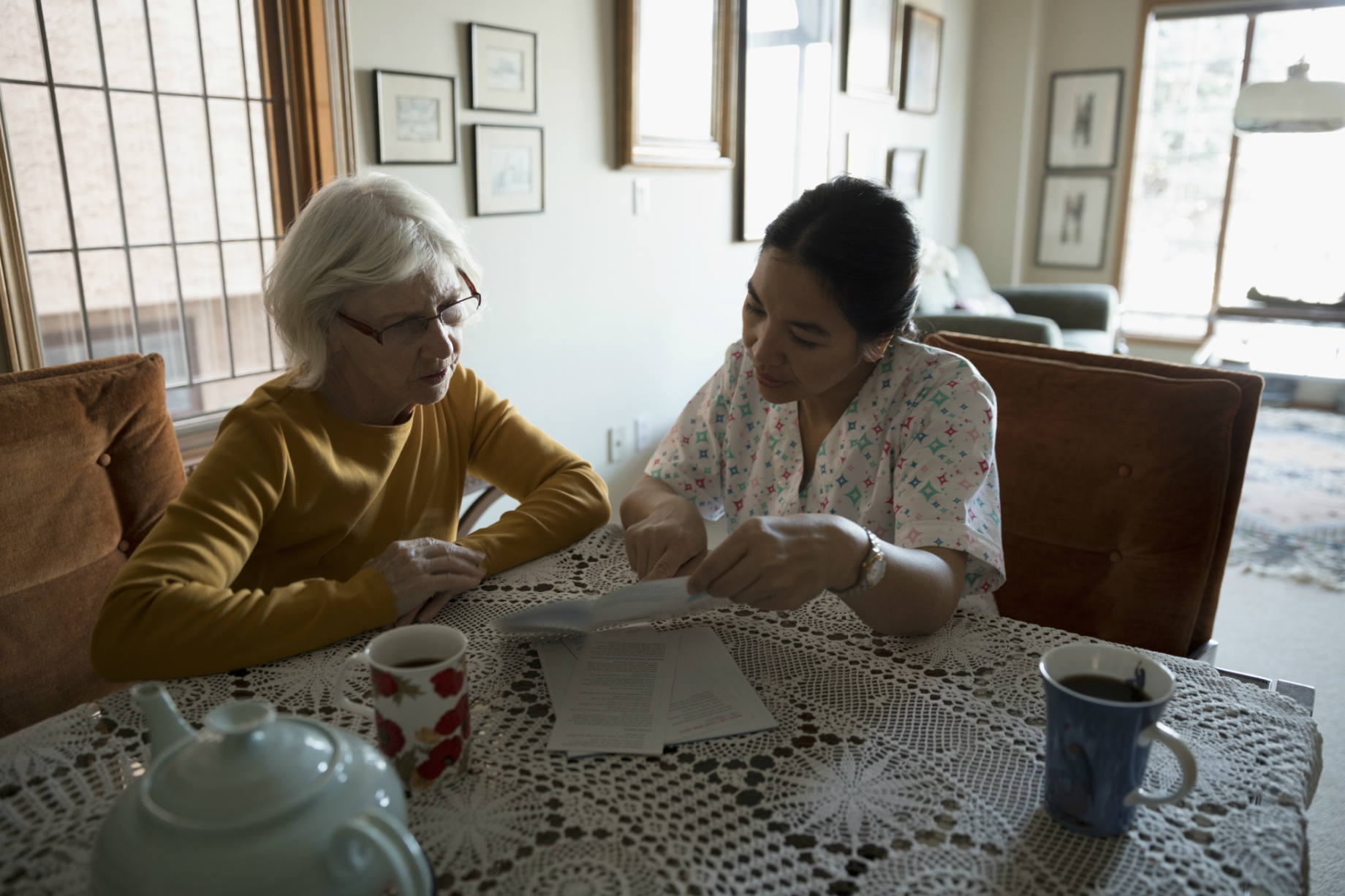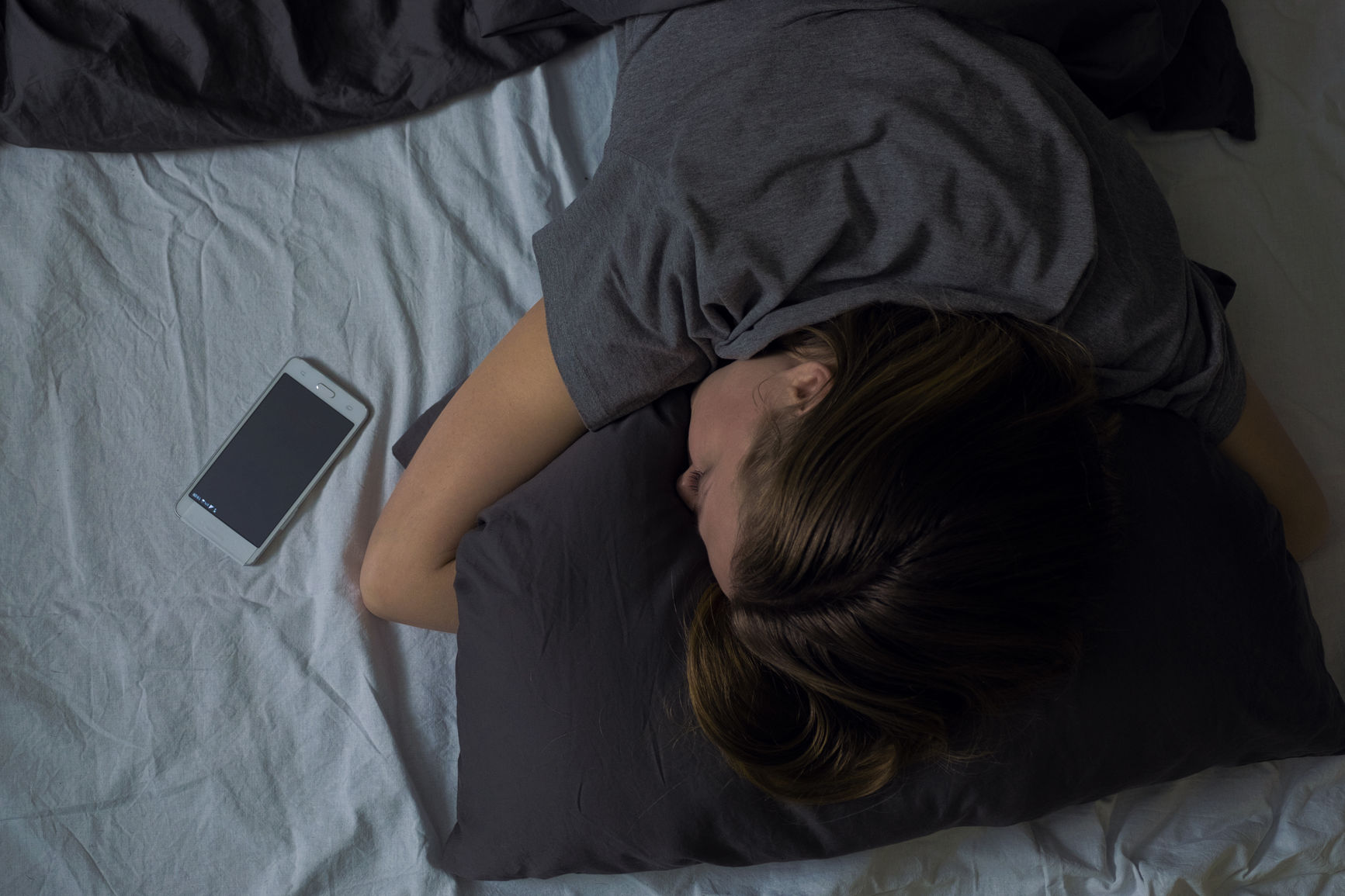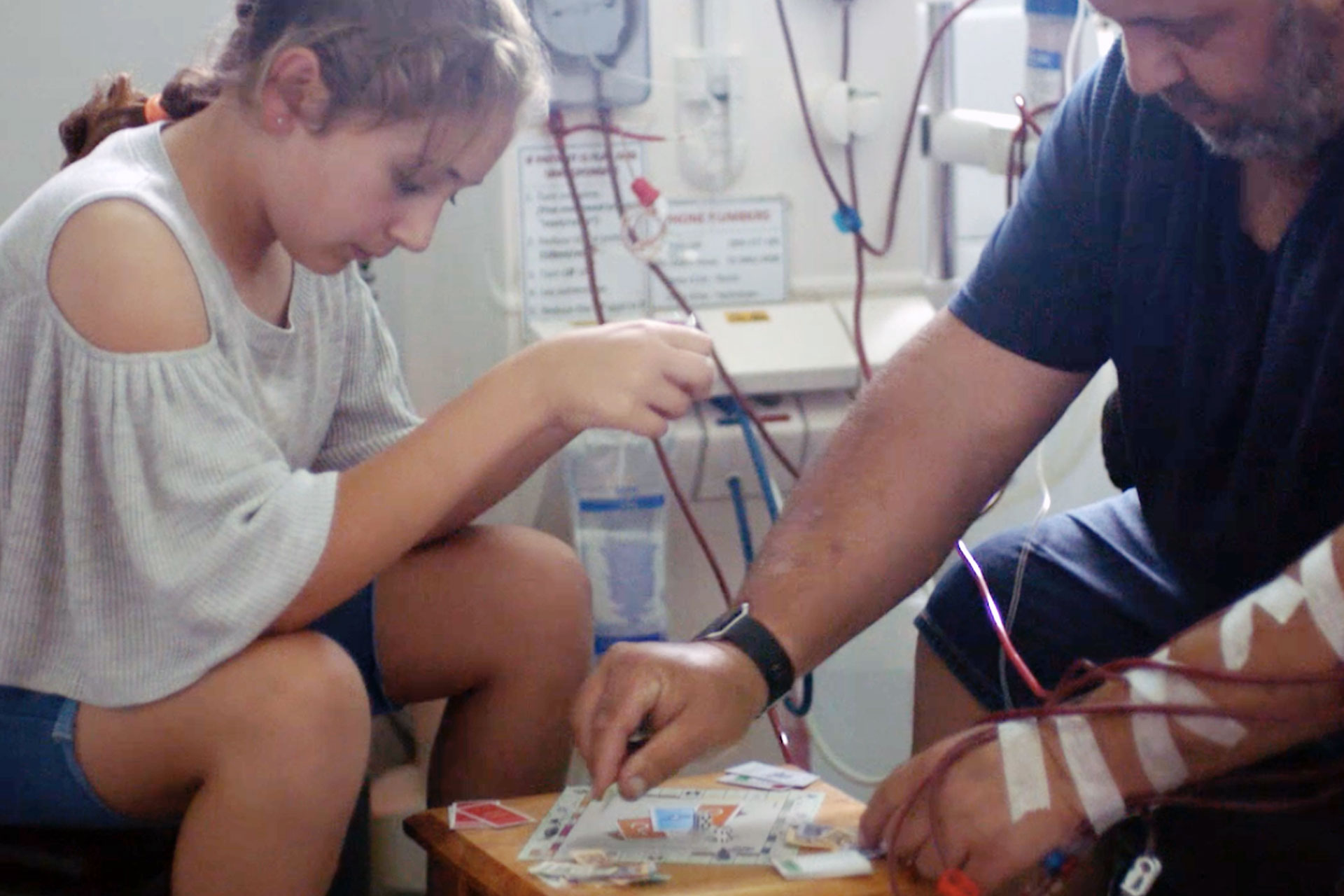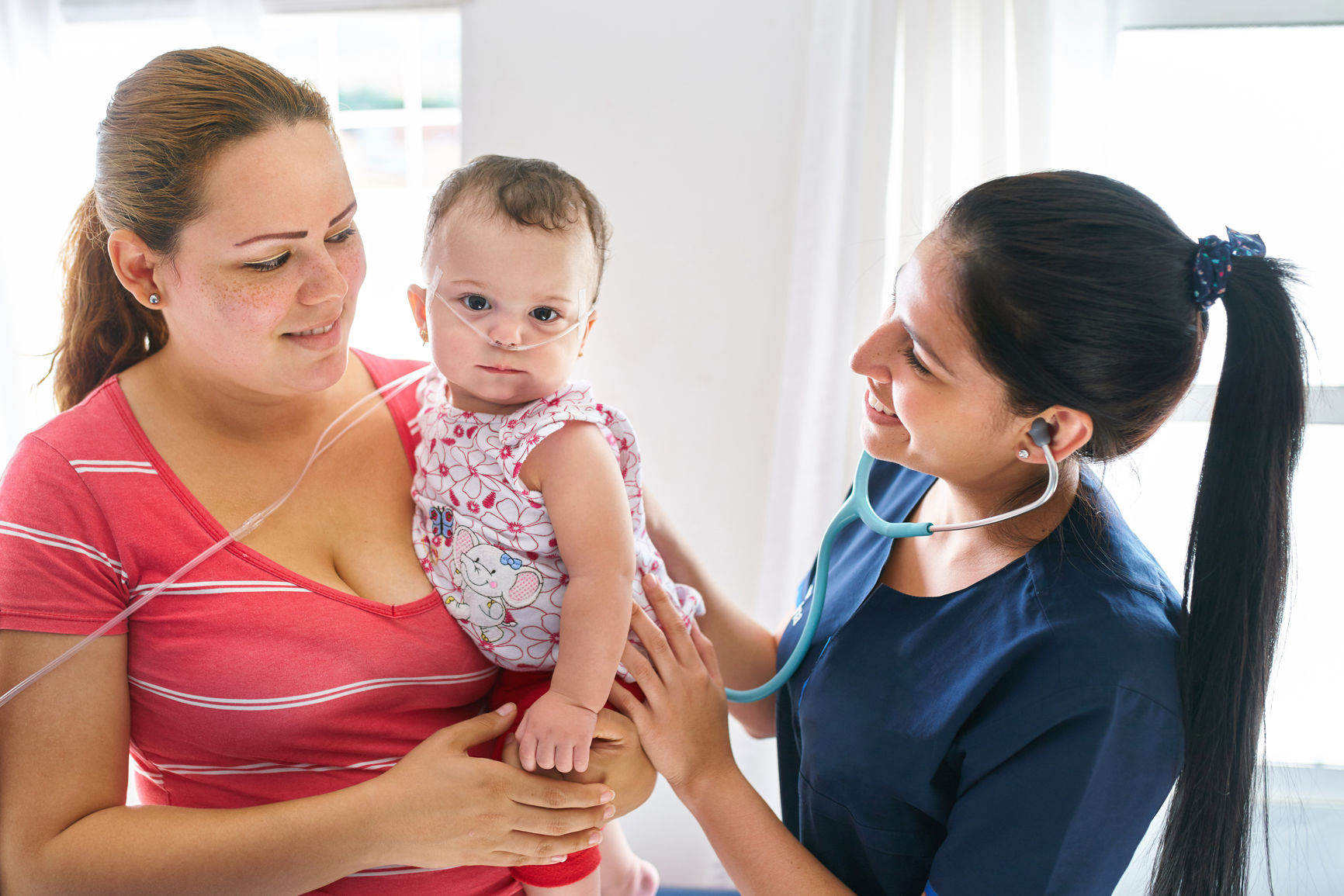-
Over the past few years women’s participation in both Australian football and soccer has dramatically increased. And with this, so has research into the injuries females incur while they’re out on the field. What has emerged from the research is the high risk of knee, specifically anterior cruciate ligament (ACL), injuries among females.
Apart from the serious potential to end someone’s playing career, ACL injuries can lead to significant short and long term diseases (like premature osteoarthritis) and are up to four times more common among female than male players—particularly teenagers. They occur due to the sudden stops, landing, changing direction and rotation manoeuvres specific to both sports.
According to Medibank’s Chief Medical Officer, Dr Linda Swan, “Participating in regular exercise is essential for staying fit and healthy. However, when joints are placed under pressure through repeated movements or high impact, it can lead to microtrauma and ligament injuries. The downside is that joint injuries – particularly in knees and hips – have been a proven side-effect, especially for those training without proper techniques or footwear to protect and stabilise joints.”
The Medibank Better Health Foundation is partnering with La Trobe University, Law School and Centre for Sport and Social Impact to address the issue by promoting the use of the 11+ injury prevention program.
This program aims to reduce the prevalence of ACL injuries in females, particularly adolescent female soccer players.
The 11+ injury prevention program was developed in 2003 by an international group of experts and initially implemented in Switzerland. It proved to be highly effective, decreasing injuries during matches and training by up to 50%. Although it might differ slightly from club to club, the focus is on a warm-up program that specifically helps guard against knee and ACL injuries. These warm-up exercises could include squats, walking lunges, high-knee shuttle runs and core strength exercises.
While the program has been a success overseas, this is the first time it is being officially implemented and evaluated at a state level in Australia. Medibank, in partnership with the Football Federation of Victoria and FIFA, will implement the 11+ among coaches of adolescent female football players in Victoria and evaluate its effects.
While specific to knee injuries in adolescent female football players, the research will generate important information about how to implement injury prevention and health promotion programs in community sports settings.
Read more about the Medibank Better Health Foundation’s work
The sporting injury affecting more Australian women
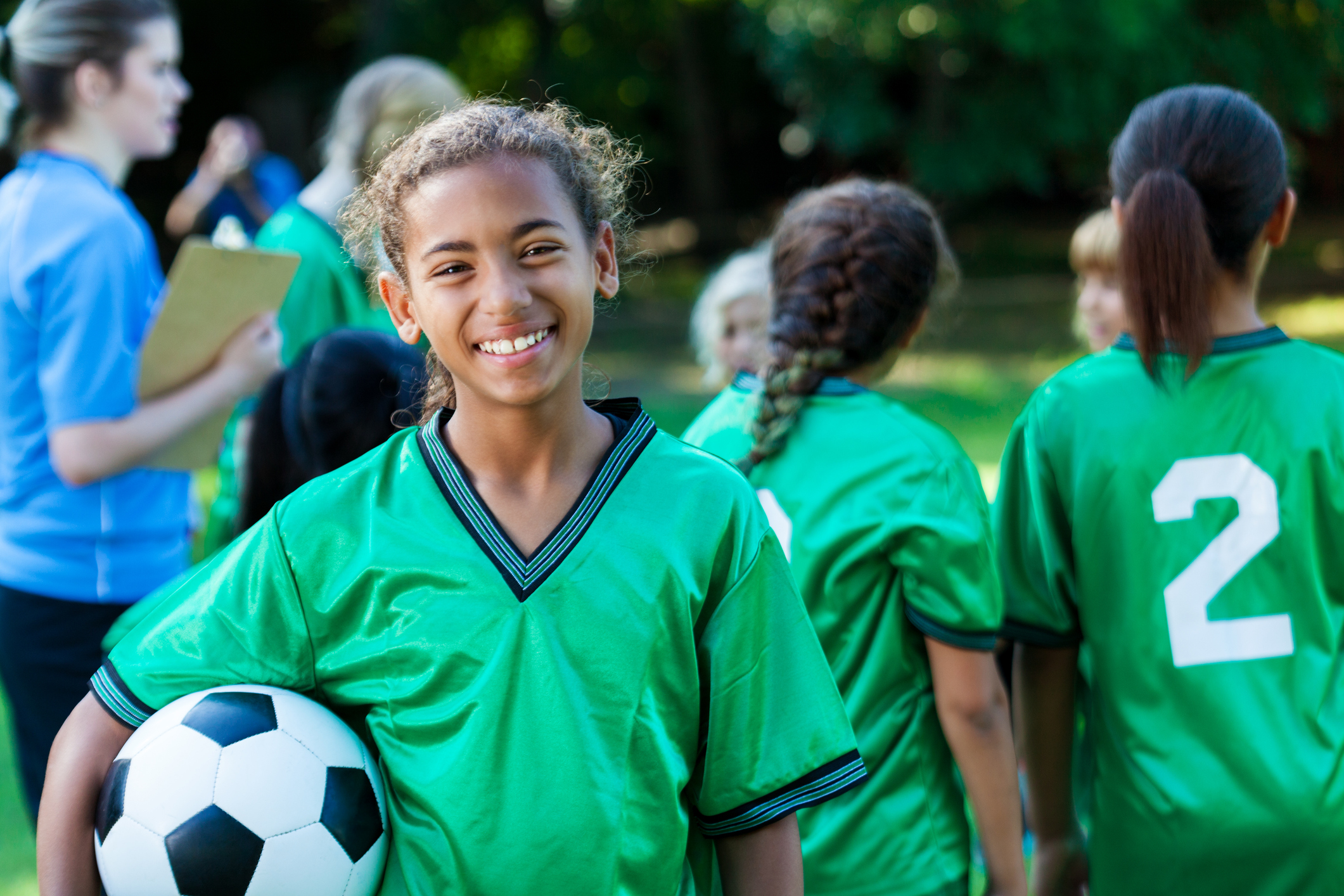
-
Innovating for members living with chronic disease
Medibank is supporting our members living with chronic diseases such as heart disease, arthritis, and diabetes, through our CareComplete programs.
-
Medibank’s palliative care at home trial
Giving our customers choice in where they would like to receive their end-of-life care can provide dignity, privacy and help them retain control over the care they receive.
-
How your phone habits affect your sleep
And what it means for your mental health, hormones and more.
-
Medibank trialling haemodialysis at home
Giving members with chronic kidney disease more choice
-
The origins of western and eastern medicine
Two schools of thought explained
-
Almost half of hospital patients are looking for more support
Find out how Medibank is helping.
Subscribe to receive the best from Live Better every week. Healthy recipes, exercise tips and activities, offers and promotions – everything to help you eat, move and feel better.
By clicking sign up I understand and agree to Medibank's privacy policy

